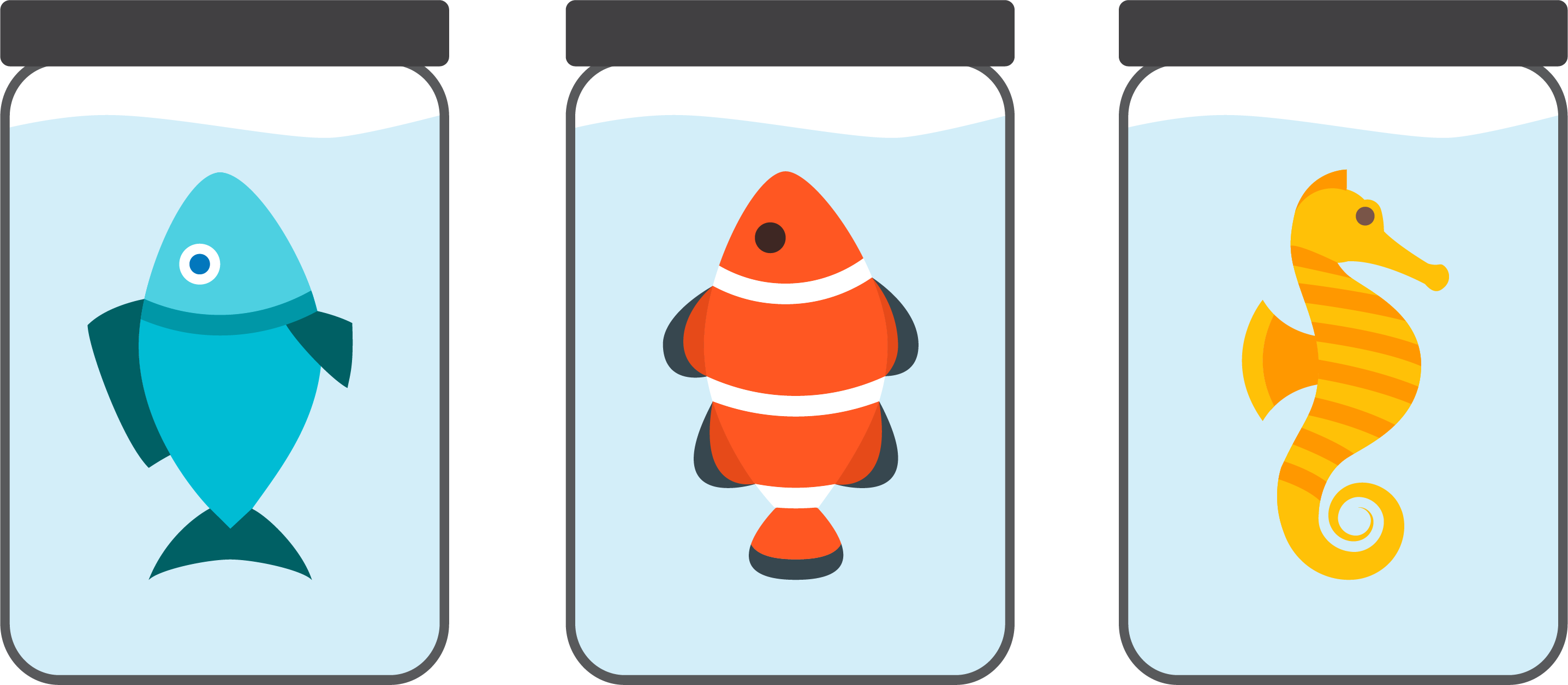
Specify in Transition
The Specify Project and the biological collections it serves are approaching a fork in the road. After 30 years of underwriting biological collections software as a “public good” we have a strong indication that the US NSF will no longer bear the sole responsibility for funding at the level which has sustained the core software development activities of the Specify Project. Although NSF and other relevant public and private foundations will likely continue to entertain proposals for research software innovation and engineering, we have reached a point in the life history of the Specify Project where we need to assess the viability of alternatives to 100% foundation support. We have been encouraged to develop a collections community-supported business model to sustain collections database innovation, and software maintenance, as well as related helpdesk, cloud hosting, and analytical data services.
Today we are launching an open collections community process to explore the technical scope and not-for-profit revenue model for such a consortium. This process will predominantly take place during 2017, leading to the culmination of the campaign in May 2018. The consortium will be a follow-on to the Specify Software Project. Its mission will be to support collections community research data management by developing software and computational services focused on data from biological specimens and other types of natural history samples. We invite your feedback on the proposal.
As our primary contact for your collection, we are sending this announcement to you, and asking if you would share this email with your collection’s administrators, curators, and collections staff who might have an interest in the consortium described below. We would be grateful to have your feedback and that of your colleagues, through our online survey and through our online forum.
Technical Vision and Priorities. Initial priorities for curatorial and research capabilities, software development, hosting, and helpdesk services will be assessed during our 12-month process in meetings with current Specify institutions, other museums, stakeholders, and advisory groups. Setting future goals as a consortium enables cost-effective and efficient development and deployment of innovative research software tools to benefit collections of all sizes and funding levels.
Costs During the 2017-2018 Specify Evolution Process. During the next 11 months, we will support existing Specify software collections as before without cost to the user community. Specify Software will continue to be open source and software updates will remain free. Specify Cloud hosting for U.S. research collections will continue at no cost, as will incidental helpdesk requests and data form, print label, and report customizations. We will continue to charge international clients for services not covered by our NSF funding.
One charge we may have to implement during the next 12 months is a fee for data management associated with legacy database conversions.
During the next 12 months we will work with you and the larger Specify community in evolving the Specify Software Project to a sustainable business model, as the NSF has encouraged. Options include fee-based services, a paid consortium membership structure, and other affordable solutions that achieve economies of scale for the entire community.
Transition Timeline and Milestones
- June-August 2017:
- Presentations/discussions at several national and international professional meetings of Specify’s evolution to a consortium-funded business model, with feedback interviews.
- Launch of a new Specify Project web site for the transition process, with discussion forums and organizational planning updates.
- Ongoing interviews with current and prospective Specify users and institutional administrators to test value propositions and to provide input on future goals, requirements, and priorities.
- September 2017-March 2018:
- Identify institutional commitments through targeted meetings and video teleconferences with users, institutional stakeholders, advisory groups, and funding agencies, on technical, organizational, and revenue generating issues and strategies.
- Complete a technology vision, and optional business/revenue models to support consortium technical staff.
- Pursue partnership opportunities with US and International institutions and centers for consortium activities.
- April-May 2018:
- Establish revenue projections and evaluate the economic viability of project technical and support services.
- Implement consortium office, finance, and HR infrastructure. The University of Kansas Biodiversity Institute will continue to provide office space for the consortium.
- June-August 2018:
- Occupy consortium office. Finalize membership contracts, complete appointment of members to the board and advisory committee members.
- September 2018: NSF award funding for Specify ends.
How Can We Help You?
- Tell us how we can help your institution evaluate its interest in a collections informatics consortium.
- What information would be useful in your evaluation?
- What constraints, requirements, strategies would be priorities for your institution?
How Can You Help Us?
- Forward this letter to your institutional colleagues who might have an interest in this initiative–funders, administrators, curators, collections staff, and other Specify users.
- Send us your thoughts and ideas for developing a viable, institutionally-valued consortium through the Specify transition online survey.
- Catch us at society meetings around the country this summer and share your ideas and concerns.
- SPNHC 2017: We will be participating in the SPNHC 2017 Meetings in Denver and we have a conference room reserved in the Curtis Hotel on Thursday June 22 to meet with people interested in knowing more, or who would like to offer feedback. Look for our sign-up sheet in the meeting lobby, sign-up online, or e-mail Norine Spears at norine@specifysoftware.org, with any questions.
Whether you are a new or long-term Specify user, we have benefitted and grown from our partnership. This next phase will result in opportunities for more community interaction and technology innovation and support. We look forward to working with you, as we have for 30 years, to grow and sustain an agile, responsive informatics consortium that will advance the use, engagement, and visibility of biocollections of all sizes and resource levels in worldwide research and education, and in environmental solutions for science and society.